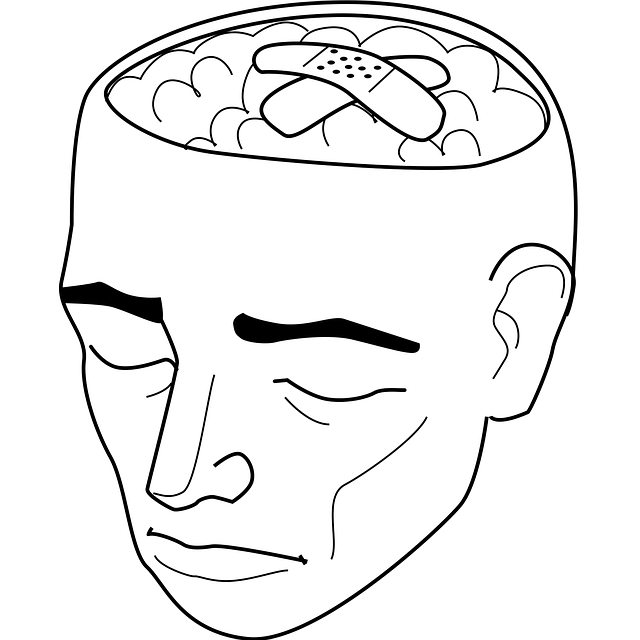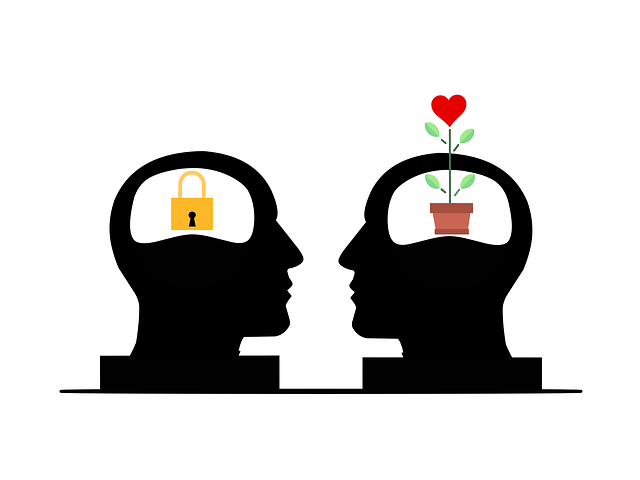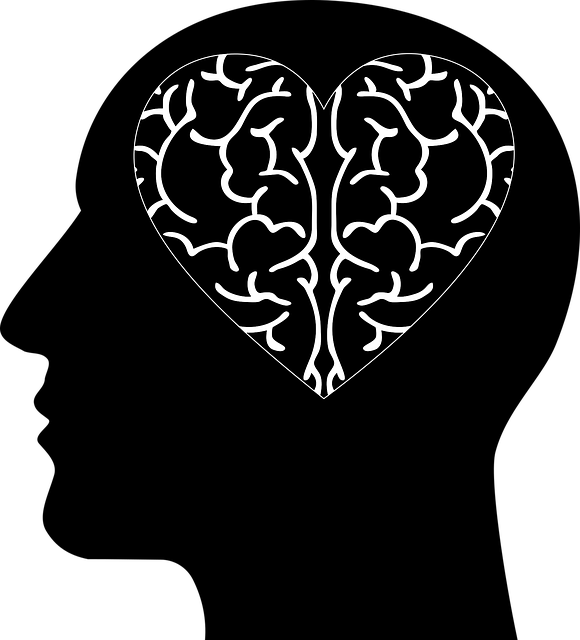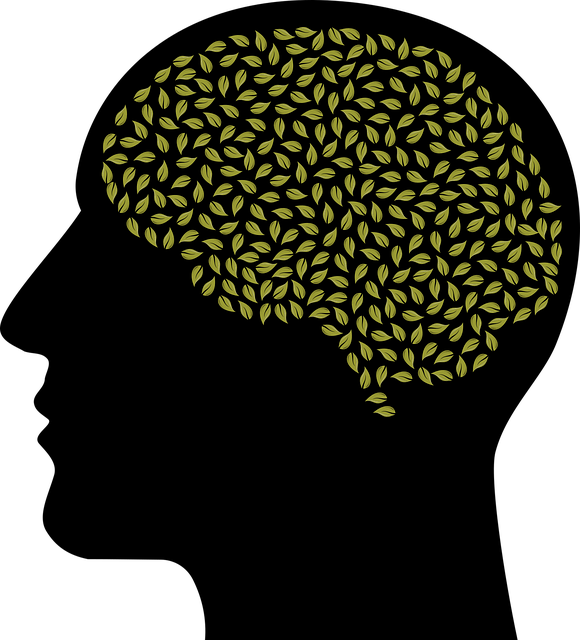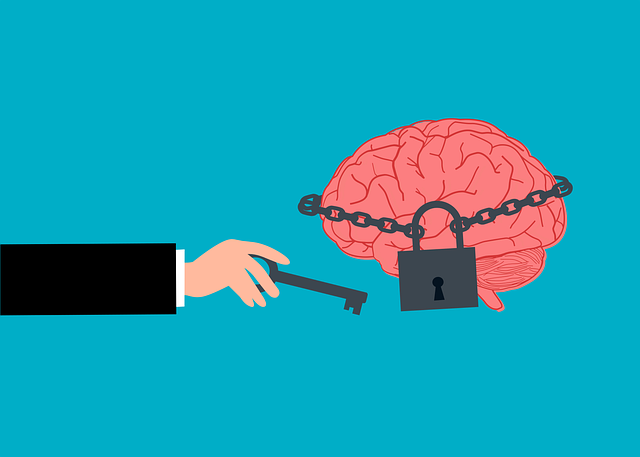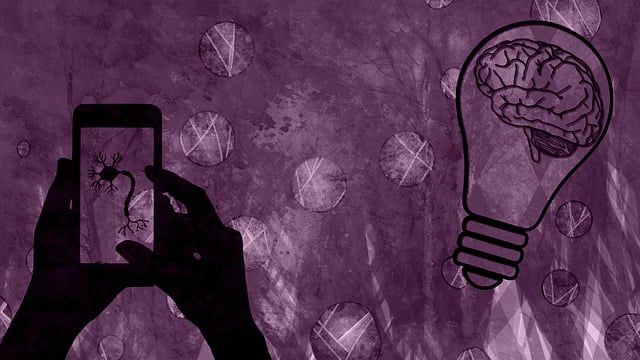Lakewood EMDR Certified Therapy combines Eye Movement Desensitization and Reprocessing (EMDR) with cultural sensitivity and positive thinking to foster resilience, resolve traumatic memories, and enhance emotional healing. Using research-backed techniques, this approach builds self-esteem, improves coping mechanisms, and promotes mental wellness through structured Resource, Strengths, and Mastery (RFM) exercises, making it an effective game-changer for trauma recovery.
Resilience is a powerful tool for emotional healing, especially in navigating life’s challenges. This article explores the significance of resilience and its role in trauma recovery, introducing Lakewood EMDR Certified Therapy as a game-changer in the field. We’ll delve into how Implementing RFM (Resource, Strengths, and Mastery) exercises enhances resilience, offering a structured approach to foster mental fortitude. Discover how these techniques empower individuals to overcome adversity and thrive.
- Understanding Resilience and its Importance in Emotional Healing
- Introducing Lakewood EMDR Certified Therapy: A Powerful Tool for Trauma Recovery
- Implementing RFM (Resource, Strengths, and Mastery) Exercises for Effective Resilience Building
Understanding Resilience and its Importance in Emotional Healing

Resilience is a powerful tool for emotional healing and well-being. It refers to an individual’s ability to adapt and bounce back from adversity, trauma, or stressful situations. Building resilience isn’t about avoiding challenges but rather learning to navigate through them effectively. When faced with difficult circumstances, resilient individuals can cope, recover, and even grow stronger. This process involves a range of emotional, cognitive, and behavioral strategies that enable people to transform their responses to stress and trauma.
In the context of Lakewood EMDR Certified Therapy, understanding resilience is crucial for comprehensive mental wellness coaching programs development. EMDR (Eye Movement Desensitization and Reprocessing) therapy, for instance, facilitates the resolution of traumatic memories and associated distress. By fostering resilience through this approach, individuals can enhance their emotional healing journey. Positive thinking, combined with cultural sensitivity in mental healthcare practice, plays a significant role in building resilience by promoting self-belief, optimism, and a supportive environment that respects diverse backgrounds and experiences.
Introducing Lakewood EMDR Certified Therapy: A Powerful Tool for Trauma Recovery

Lakewood EMDR Certified Therapy is a groundbreaking approach to trauma recovery that has gained significant attention in recent years. This innovative method leverages Eye Movement Desensitization and Reprocessing (EMDR) techniques, backed by extensive research, to help individuals process traumatic memories and gain a deeper sense of resilience. By engaging in structured self-awareness exercises tailored to their unique experiences, clients can enhance their mental wellness coaching programs development.
The therapy facilitates the brain’s natural healing process through bilateral stimulation, such as side-to-side eye movements or tactile taps, while the individual recalls traumatic events. This process allows for the reintegration of distressing memories, reducing their emotional intensity and associated triggers. As a result, individuals can improve self-esteem and cultivate healthier coping mechanisms, leading to significant improvements in overall mental wellness. Lakewood EMDR Certified Therapy is a game-changer for those seeking effective self-awareness exercises to navigate and overcome past traumas.
Implementing RFM (Resource, Strengths, and Mastery) Exercises for Effective Resilience Building

Implementing RFM (Resource, Strengths, and Mastery) Exercises for Effective Resilience Building involves a structured approach to empower individuals in navigating life’s challenges. This method, often incorporated into Lakewood EMDR Certified Therapy, focuses on cultivating inner resources, leveraging personal strengths, and fostering a sense of mastery over emotions and experiences. By engaging in RFM exercises, individuals can enhance their emotional intelligence, a key aspect of mental wellness coaching programs development.
Through RFM practices, clients are encouraged to identify and utilize their internal resources, such as coping mechanisms, supportive relationships, and personal values, to effectively manage stress and adversity. This process also promotes self-esteem improvement by acknowledging and building upon individual strengths. By consistently practicing RFM exercises, individuals can develop a stronger sense of control and resilience, leading to better overall mental wellness.
Lakewood EMDR Certified Therapy offers a powerful approach to trauma recovery by combining emotional healing with structured resilience-building exercises. By focusing on identifying personal resources, strengths, and mastery experiences, individuals can enhance their ability to navigate life’s challenges. This holistic method empowers folks to cultivate resilience, fostering a sense of empowerment and well-being. Incorporating RFM exercises is a game-changer in the journey towards emotional recovery and overall mental health.
